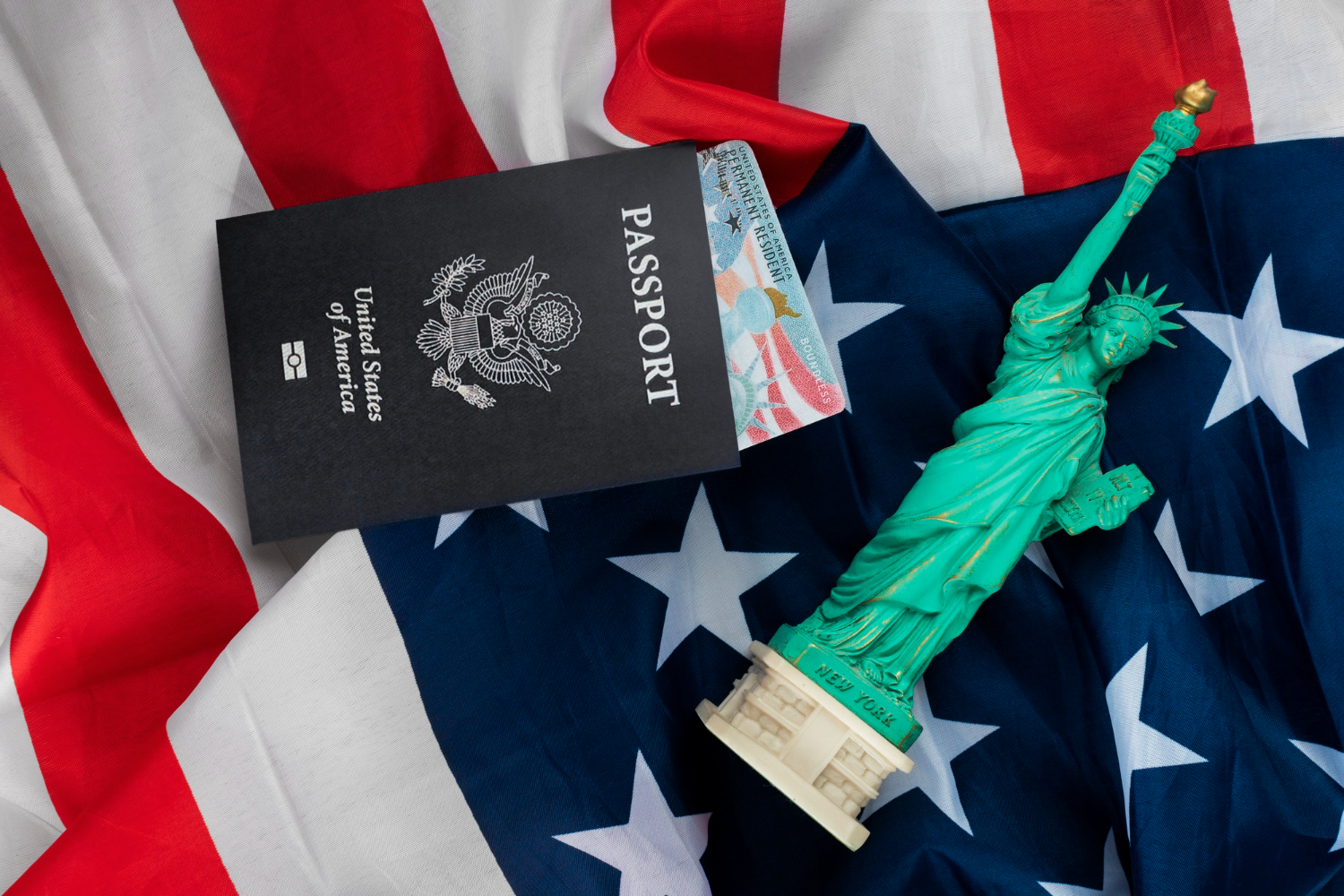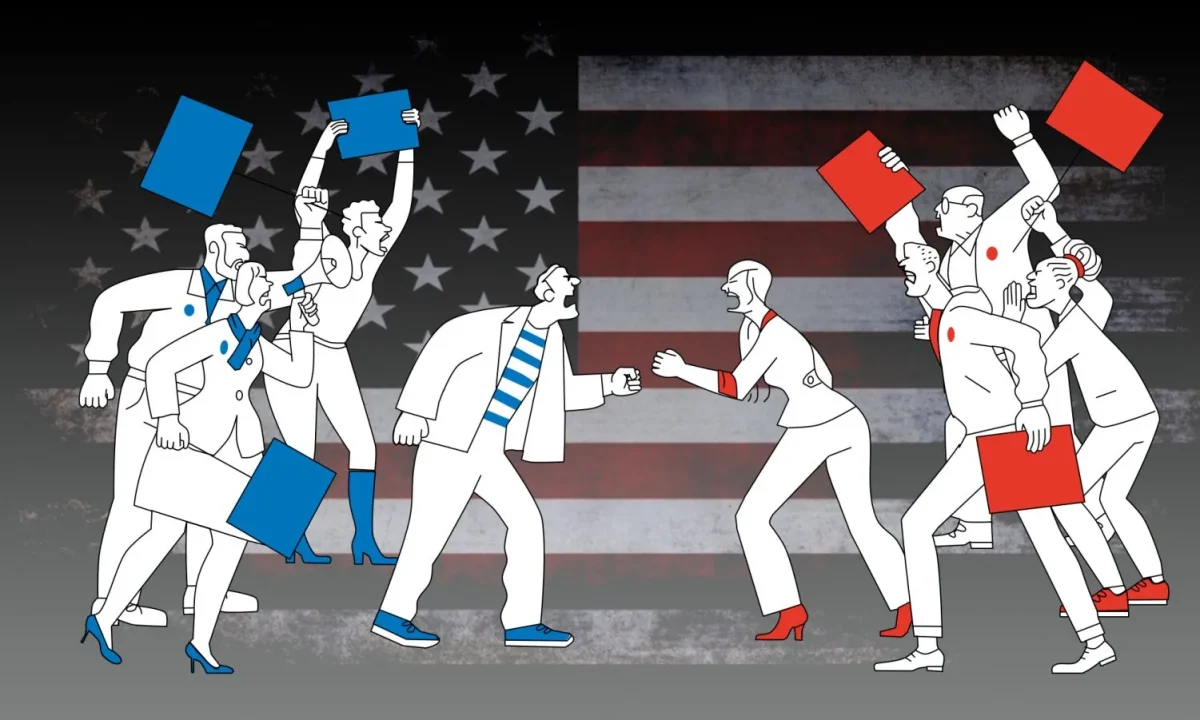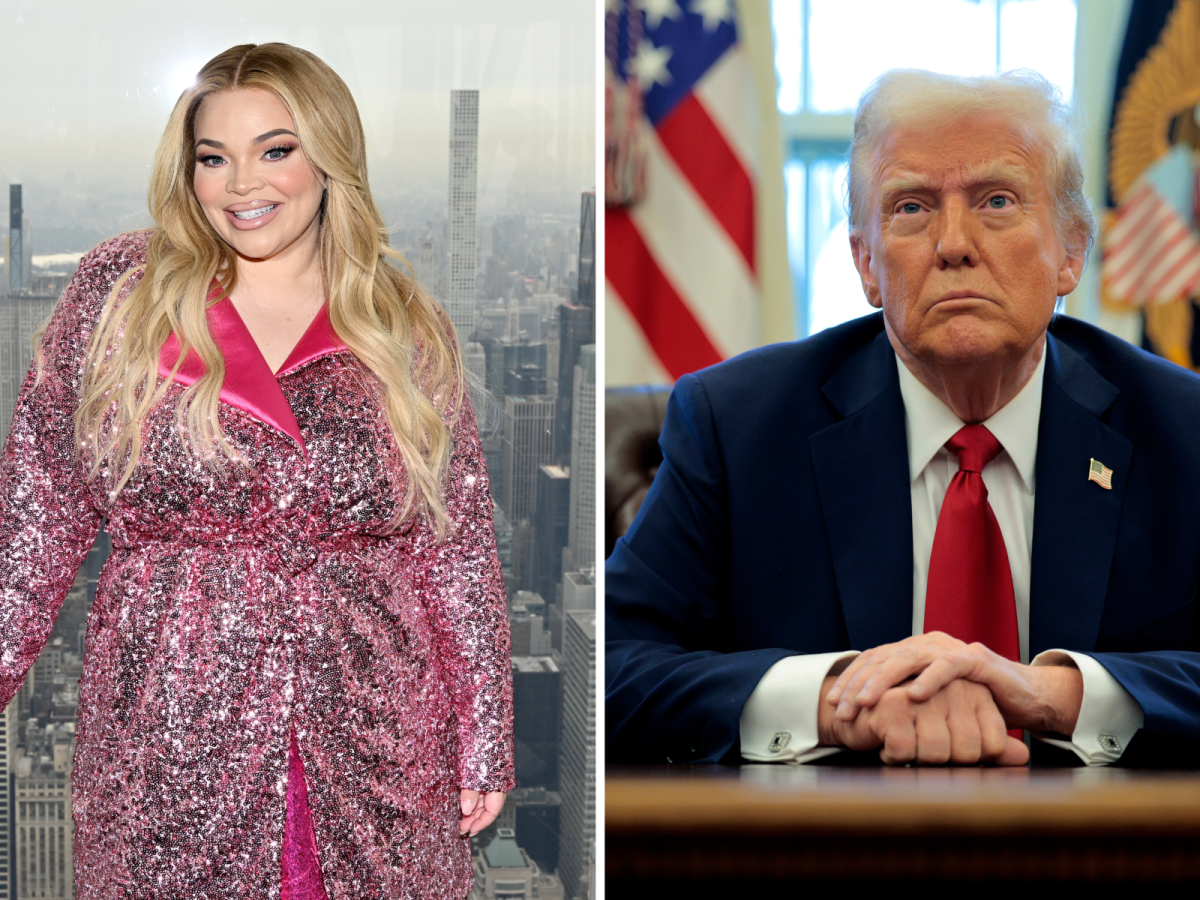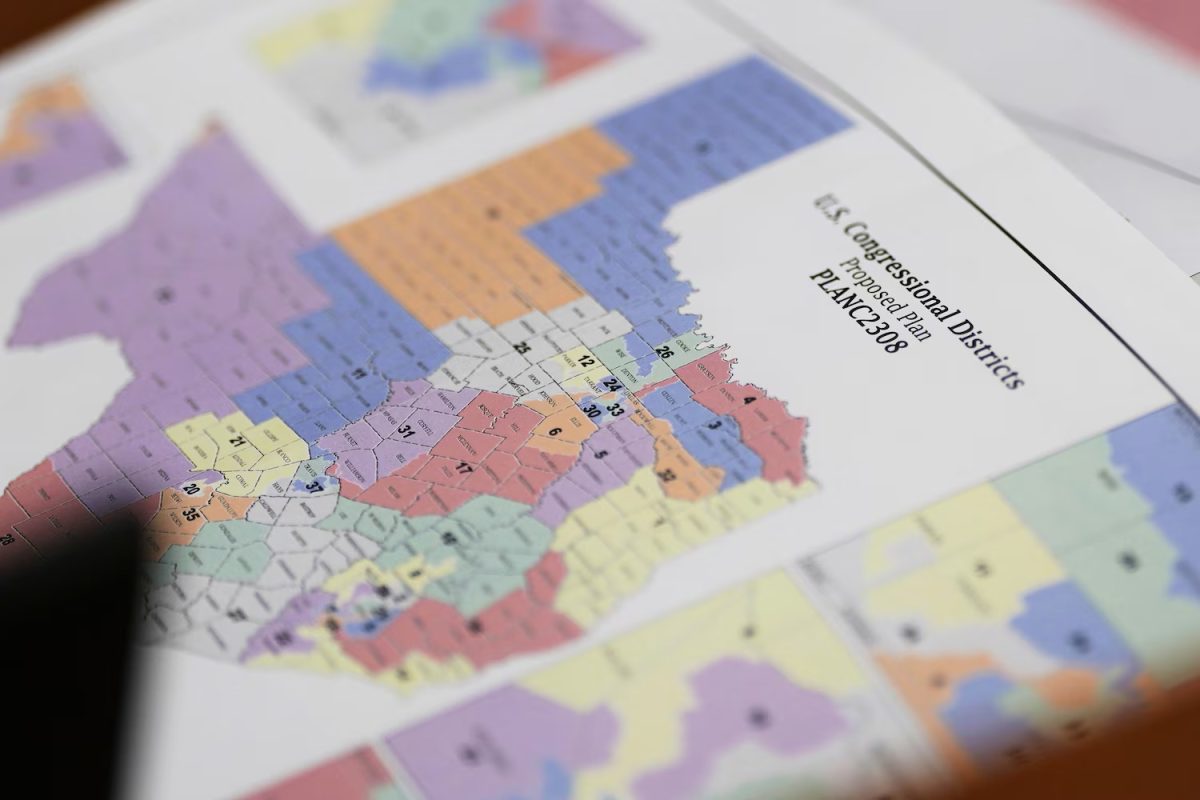In the United States, if you’re born here, you’re a citizen. It’s that simple, and it has been for the last 150 years.

The concept of birthright citizenship is rooted in the 14th Amendment to the Constitution. The amendment guarantees that anyone born on U.S. soil is a citizen, regardless of their parents’ nationality or immigration status.
The goal was to ensure that formerly enslaved people and their children could never be denied the full rights of citizenship after the Civil War. But today, this idea is under serious attack.
The Political Push To End It
In 2025, President Trump issued Executive Order 14160, aimed at denying automatic citizenship to kids born in the U.S. if their parents were either undocumented immigrants or in the country on temporary visas (such as student or tourist visas).
Several federal courts blocked the order, but the situation became more complicated when the Supreme Court limited the power of lower courts to issue nationwide injunctions. As a result, a court ruling against the policy in one state doesn’t stop it from being enforced in others. This creates the possibility for confusing citizenship laws that could vary by state.
What Happens If It’s Eliminated?

The push to end birthright citizenship is part of a broader effort by the Trump administration to crack down on illegal immigration into the United States. Supporters argue that eliminating birthright citizenship would discourage parents from entering the country just to secure citizenship for their children. Advocates also claim that getting rid of birthright citizenship would lower spending and costs as the government would no longer have to provide services for the children of undocumented immigrants.
However, critics warn that there could be major drawbacks. One concern is the risk of statelessness: children born in the U.S. may not be recognized as citizens by any country, particularly if their parents’ home countries don’t automatically grant citizenship by descent. On top of this, repealing birthright citizenship could deepen racial and social divides, as some fear it would fuel xenophobia. Many stress that such a move would hurt America’s reputation as a place of equality and opportunity for all.
What’s Next For The Country?
Although the Trump administration has made efforts to challenge it, birthright citizenship is still a constitutional right under the 14th Amendment. Reversing this right would require a lengthy legal and political process, making any immediate change unlikely. However, one thing is clear: if this constitutional guarantee were ever to be revoked, it would impact millions of families all across the country and alter the American identity and reputation for generations to come.
Sources:
https://www.nytimes.com/2025/03/13/us/politics/trump-birthright-citizenship-supreme-court.html
https://www.americanbar.org/groups/crsj/resources/on-demand/birthright-citizenzhip-native-americans/













